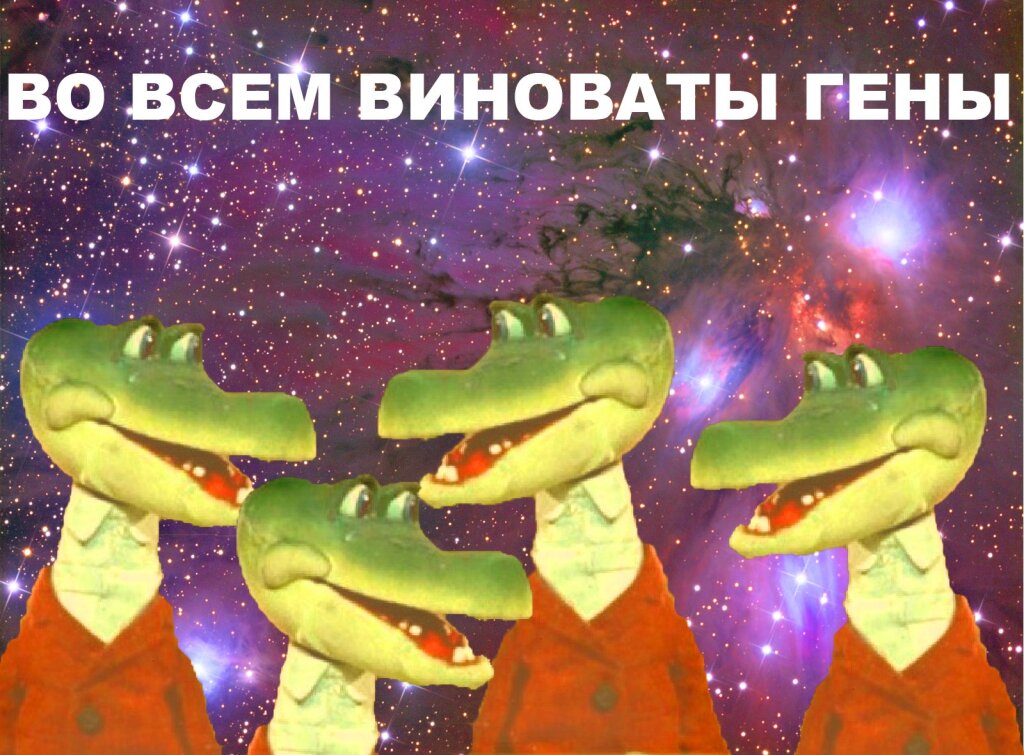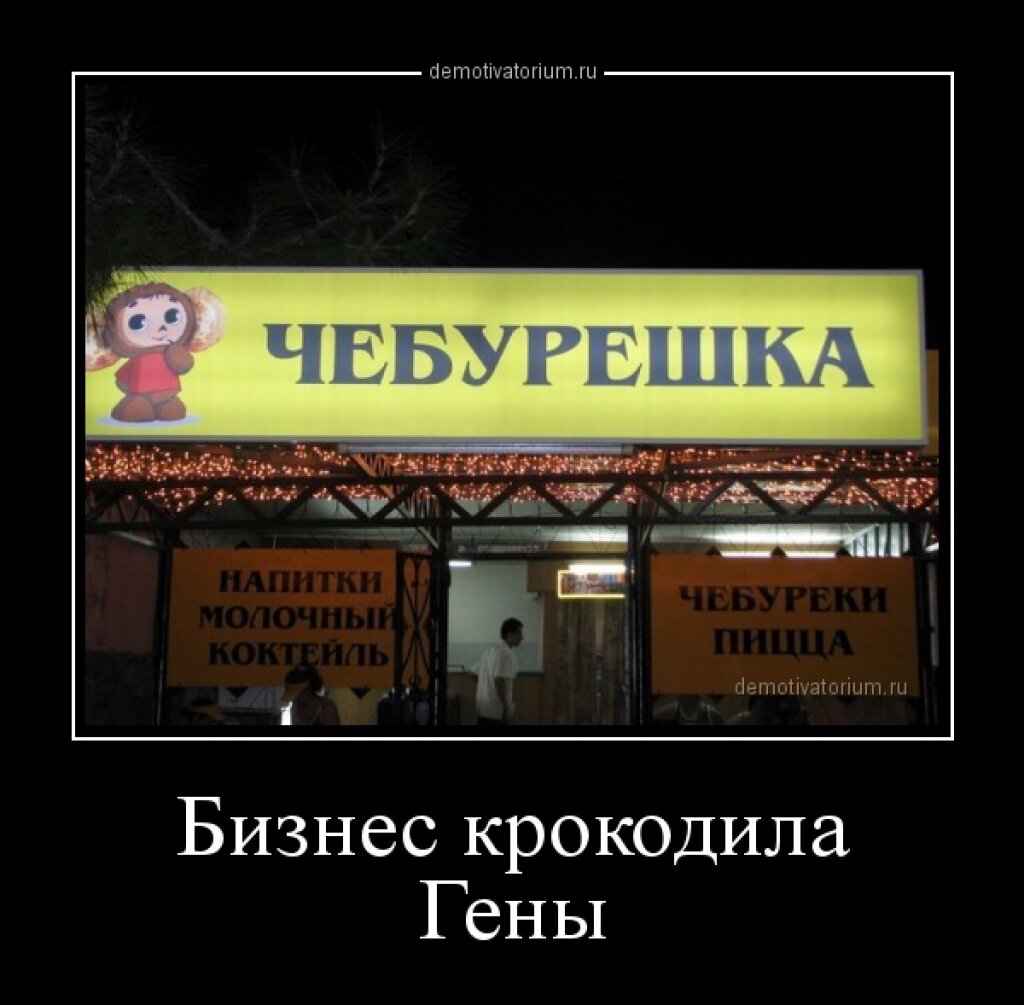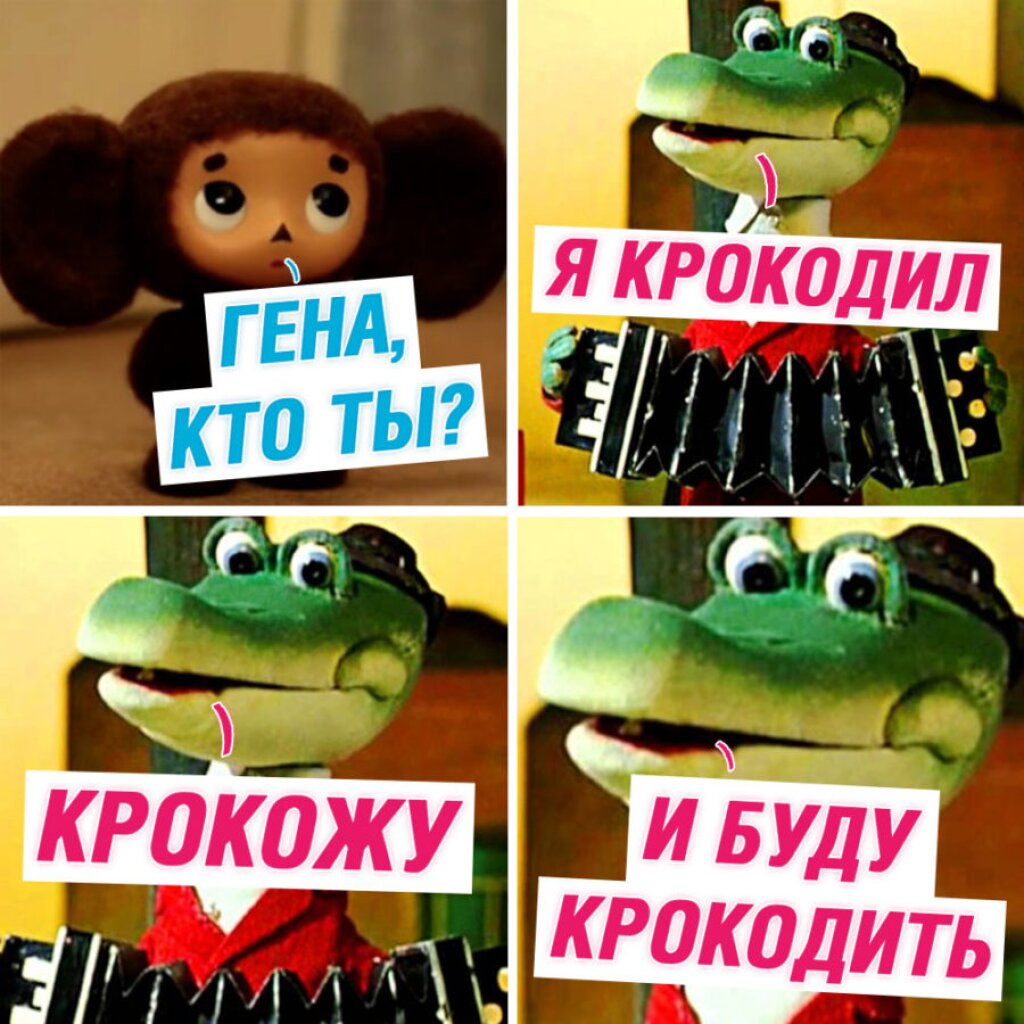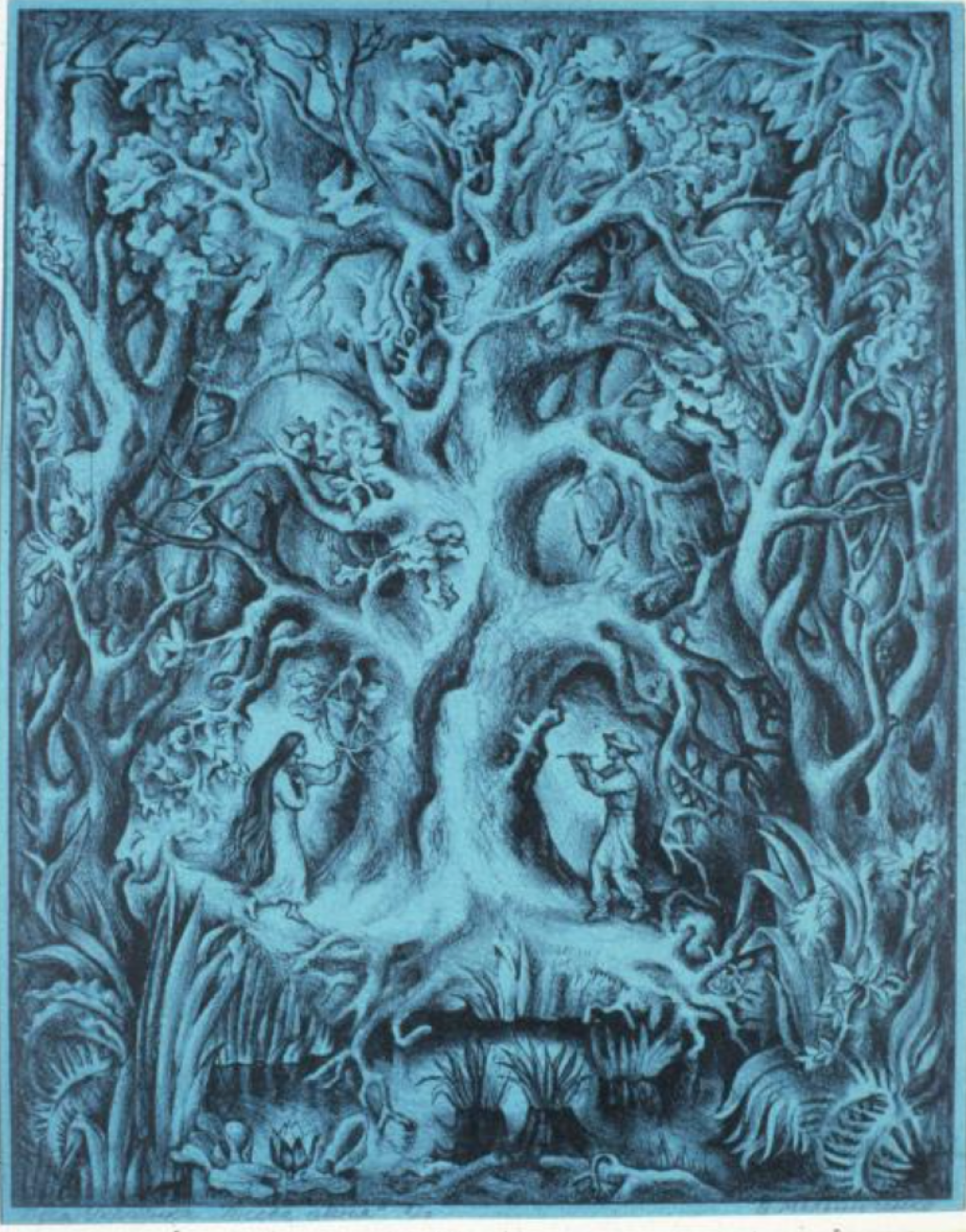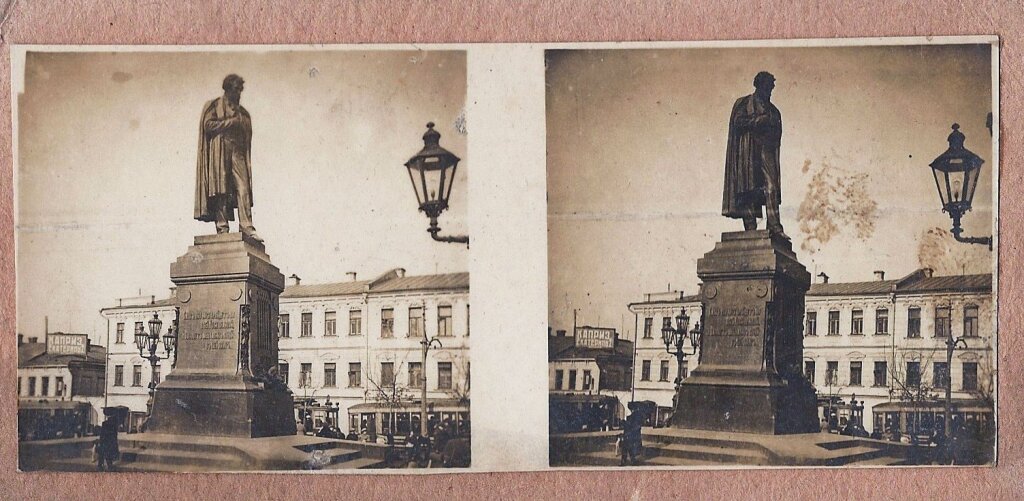This post is part of Chapter 1 of Russia’s Alien Nations: The Secret Identities of Post-Socialism, an ongoing feature on All the Russias, as well as . It can also be found at russiasaliennations.org. You can also find all the previous entries here.
The philosopher Harry Frankfurt famously turned “bullshit” into a term of art, distinguishing it from mere lying:
It is impossible for someone to lie unless he thinks he knows the truth. Producing bullshit requires no such conviction. A person who lies is thereby responding to the truth, and he is to that extent respectful of it. When an honest man speaks, he says only what he believes to be true; and for the liar, it is correspondingly indispensable that he considers his statements to be false. For the bullshitter, however, all these bets are off: he is neither on the side of the true nor on the side of the false. His eye is not on the facts at all, as the eyes of the honest man and of the liar are, except insofar as they may be pertinent to his interest in getting away with what he says. He does not care whether the things he says describe reality correctly. He just picks them out, or makes them up, to suit his purpose.
At this point in Tycoon, we could allow for the possibility that Koretsky is sincere; but over the next two hours of screen time, the professor evolves into Platon’s primary antagonist, and his motivations are anything but noble.
Marxism-Leninism, the philosophy Koretsky so pompously evokes, would lead us to expect arguments in the form of a dialectic (thesis-antithesis-synthesis). Any argument that takes that form would be reaffirming the premises of Marxism-Leninism even if explicitly refuting them. But it is Koretsky himself who makes the dialectic all but impossible by responding to reason with bullshit. Enter Platon, who replaces the synthesis with an absurdist argument that exposes the absurdity of the entire debate. Platon’s “crocodile” proof could only be seen as a synthesis if we do what Platon himself is doing: ignore the content entirely and focusing on the underlying problem of logic itself. The result would be a dialectic of “reason-bullshit-metabullshit.”
Yet the stakes of the bullshit argument could not be higher, and this is why the crocodile scene pairs so well with the previous train conductress episode. In each case, a real or imagined transgression could lead to personal ruin. When Mark implores Platon to come to Viktor’s rescue he uses the same word (“personalka” or “personal complaint”) that the conductress used in her threat against Mark himself. The conductress’s blackmail threat was based on an entirely faked incident (Mark hadn’t actually slept with her, and she didn’t want to marry him), while Viktor endangers himself by insisting on “facts” and “reality” in the face of falsity and bullshit.
Taken together, these two scenes are concise allegories of both the film’s central conflict and the rise of the New Russian. The three-part, non-dialectical argument about economics and crocodiles points to the actual tripartite relationship that drives much of the film: a love triangle. Right after winning the argument, Platon races back to the woman whose bed he left two hours before: Masha Koretskaya, Koretsky’s wife. Not only does this ensure Koretsky’s lifelong hatred of Platon, but it also easily symbolizes Platon’s approach to his surroundings. The world as it exists is nothing but an imperfect arrangement of raw materials, from which he can take the best and leave the rest. Given the familiar, indeed, cliché trope of the female character standing in for Russia (or the USSR) itself, Platon is seizing the country from a man who no longer knows how to husband it.
If Russia is going to belong to the Platon Makovskys of the world, it is because these New Russians, rather than simply accepting the world as given (in Bakhtin’s terms, dan), they zero in on weakness after weakness, exploiting them precisely because they are available, and because no one else has gotten to them first.
Using the model developed by Mark Lipovetsky, we might say that Platon Makovsky is a trickster. But he is not just any trickster, in that the film continually links him to Soviet literature’s master of this particular art: Ostap Bender, the protagonist of Ilya Ilf and Evgeny Petrov’s 1928 novel The Twelve Chairs. The connection suggests itself early in the film, when we see that one of Platon’s first schemes involved the inexplicable overproduction of short, Russian-style brooms (веники)—150 million of them, in fact. This is all part of a complicated scheme to acquire wealth without cash changing hands, and is an ironic counterpoint to one of the many quotes from Ilf and Petrov’s novels to become part of everyday speech “the company does not make brooms” (фирма веников не вяжет). The expression has come to be something of a boast, or al least a confirmation of quality. ( I did a good job remodeling your apartment? Of course I did—the company doesn’t make brooms.) In Platon’s case, the company actually does make brooms, but it is their production, rather than denial of production, that suggests a kind of illicit success.
The Twelve Chairs also reminds us of the two scenarios of New Russian enrichment discussed in the previous post: theft from the state and conjuring money out of thin air. Among Bender’s many other catch phrases is his response to a demand he deems unreasonable: “What else do you want, the key to a room full of money?” (“Ключ от квартиры, где деньги лежат”). Indeed, this was the first phrase the authors associated with him as they wrote the book; the entire character was built around it. [1] Bender attributed this dubious sentiment to his interlocutors, but it was actually his primary motivation. Platon, with his knack for determining just which state property can be had for a song, builds his empire in part because he finds the keys to rooms full of money.
Like Ostap Bender, Platon claims to be dealing with concrete items (Ilf and Petrov’s chairs, for example), but his success looks more like magic. He conjures up deals, schemes, and money through the dizzying force of his argumentation, convincing his audience while still leaving them confused. From the outside, Platon’s generation of money from nothing may as well be magic. In Russian, one of the main verbs for casting a spell or enchantment is “zagovorit’,” a word whose root (“govor”—“speak”) suggest the verbalization of magical thinking. Russians cast spells by speaking them into existence, a capacity at which Platon excels. Take, for example, the scene when he explains his broom scheme to his partners: his description of the relationship among three cooperatives, none of which can actually deal with money, and his plan to circulate brooms and vacuum cleaners through this system of exchange until they somehow turn into automobiles, has the same effect on his audience as his crocodile proof: everyone in the room is reduced to amazed laughter. But they are also convinced.
When the New Russian simply appropriates state property, he is getting something that, as the Russians would say, “is just lying there for the taking” (“plokho lezhit”), like the mythical room full of money. But when he works his economic trickster magic, following a logic most of us can only marvel at, the choice of the crocodile for his absurdist proof starts to make sense. Not only is the crocodile a dangerous creature hiding behind a smile, Platon is assessing its color. The future New Russian oligarch fights “Red” platitudes by measuring something green. “Green,” of course, is precisely what matters to the New Russian. It is not just the color of the crocodile, it is the color of the money that he conjures out of thin air.
The switch from red to green is the measure of the New Russian’s success. Compared to him, ordinary Russians may as well be colorblind.
Note
Alexandra Ilf, “Forward." The Twelve Chairs, Translated by Anne O. Fisher, Northwestern University Press 2011. xvi .

